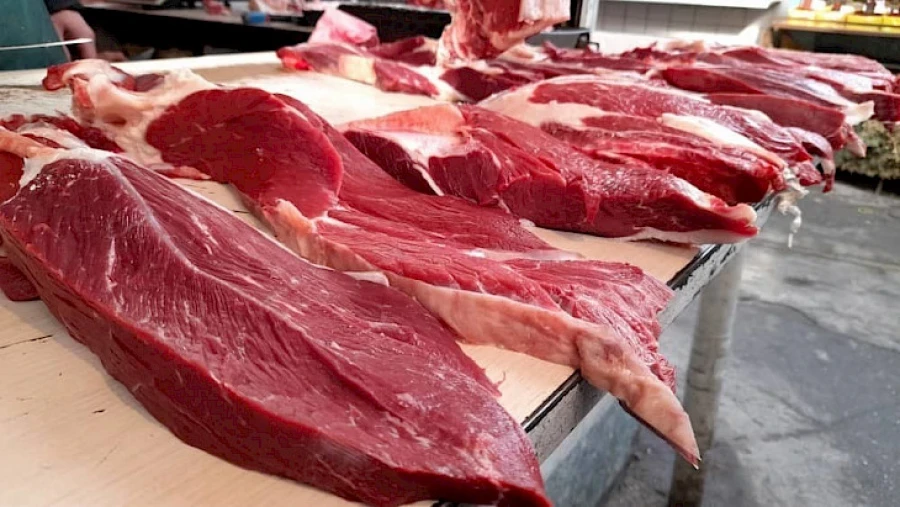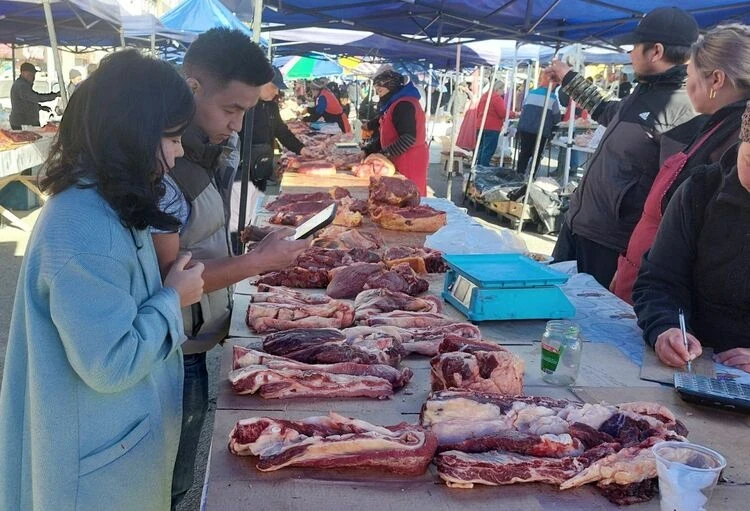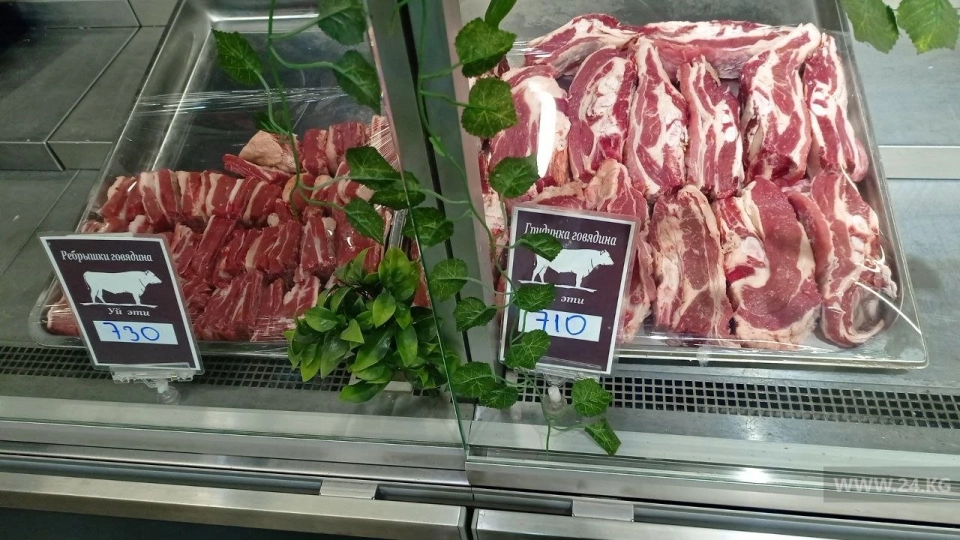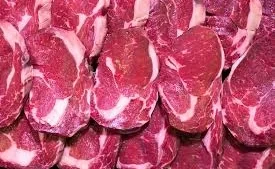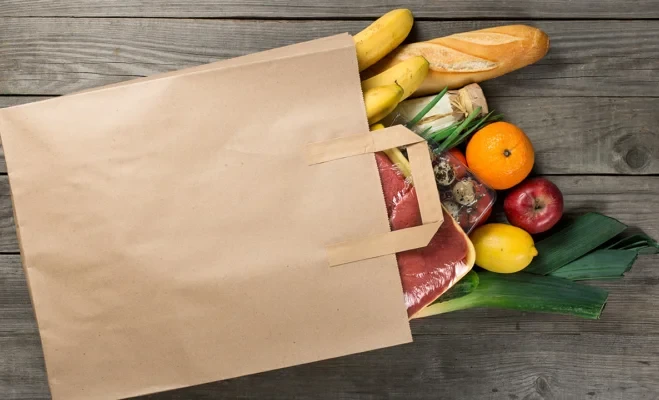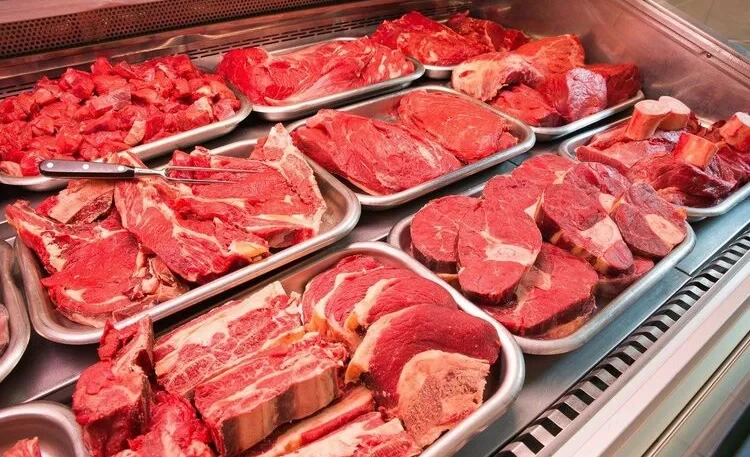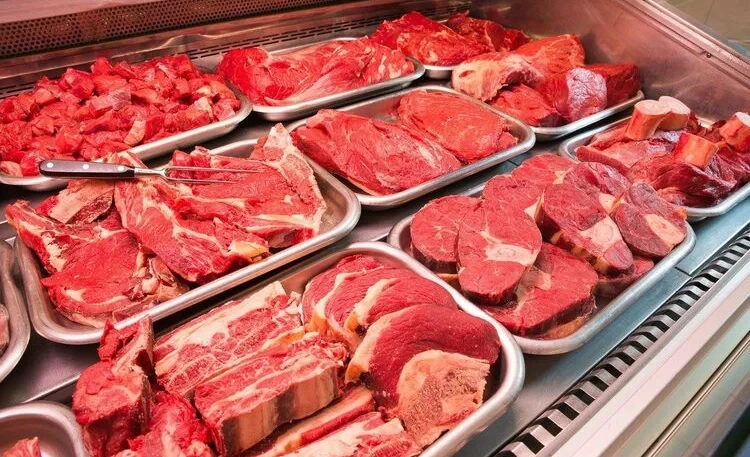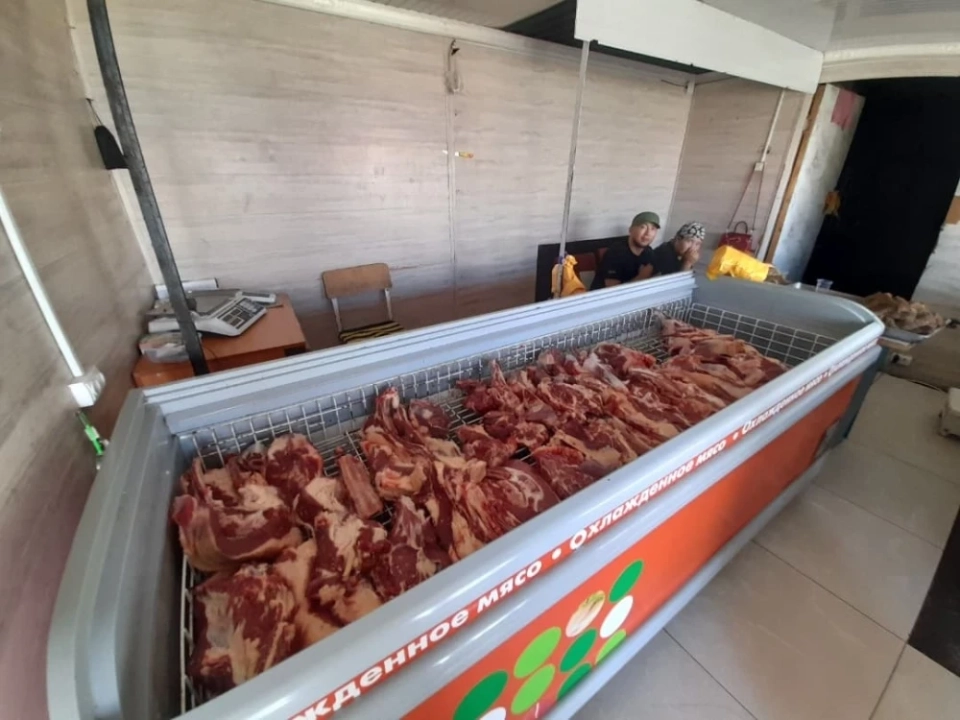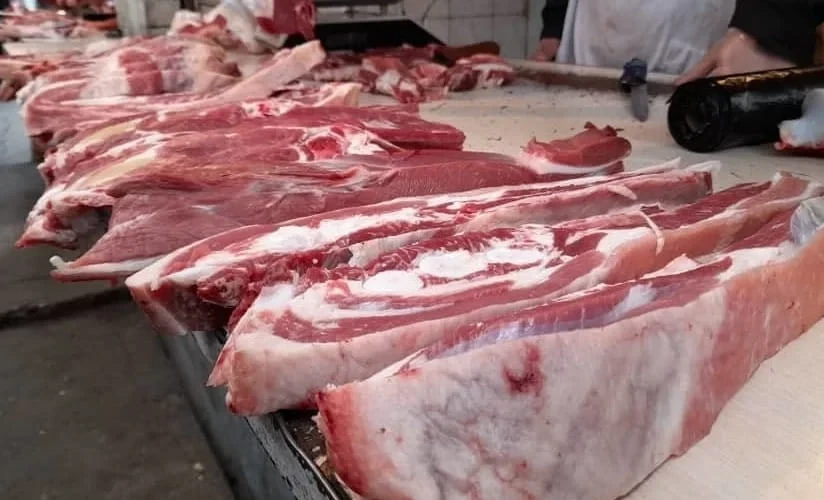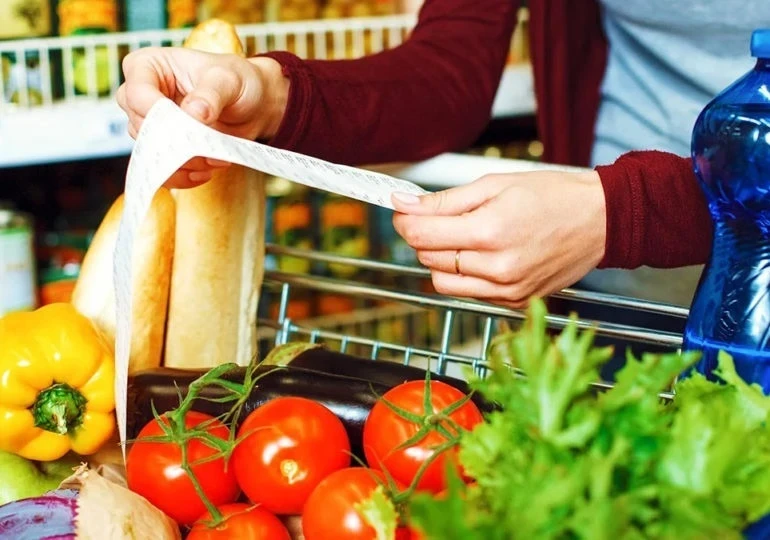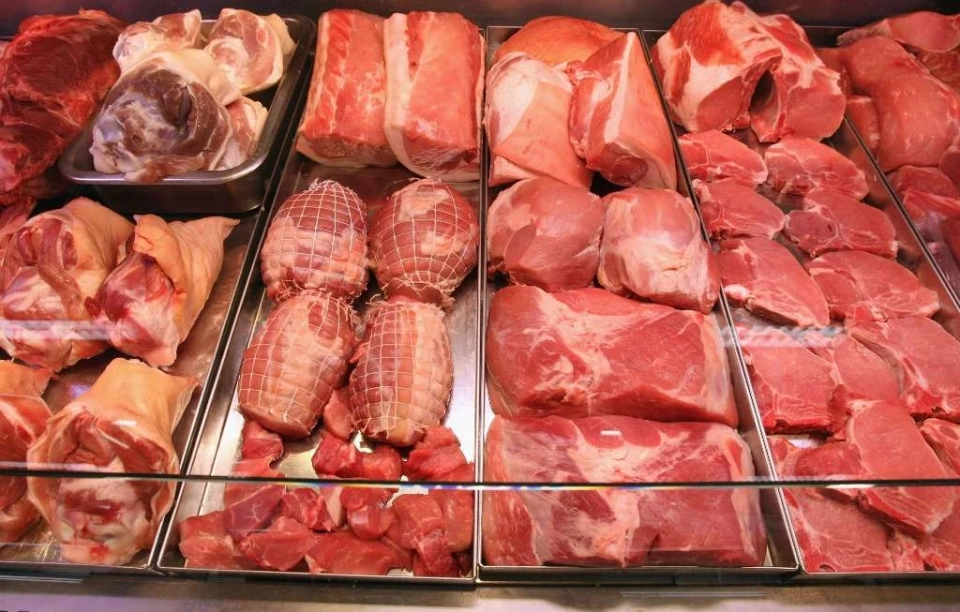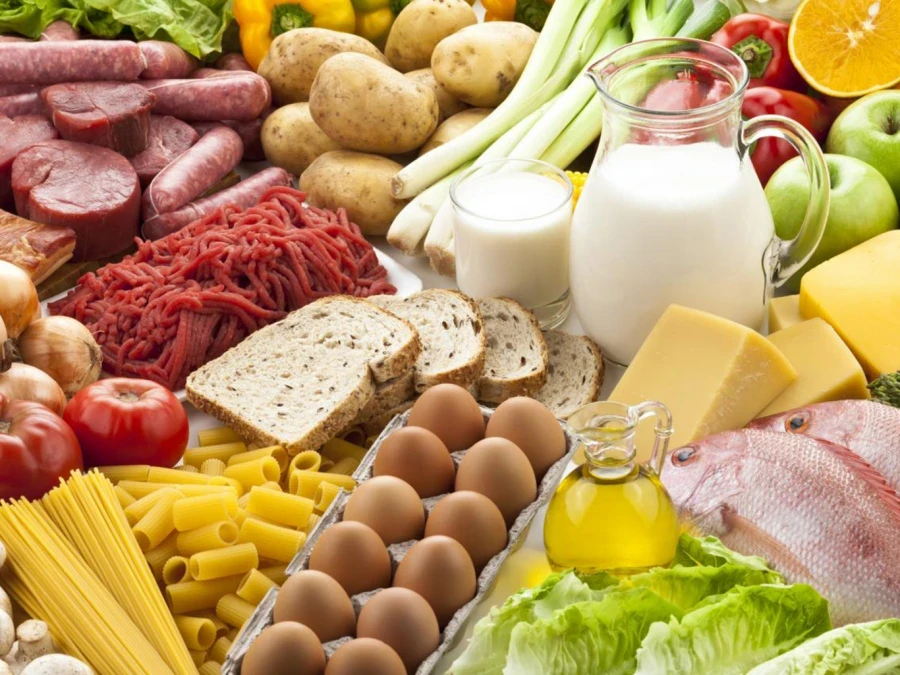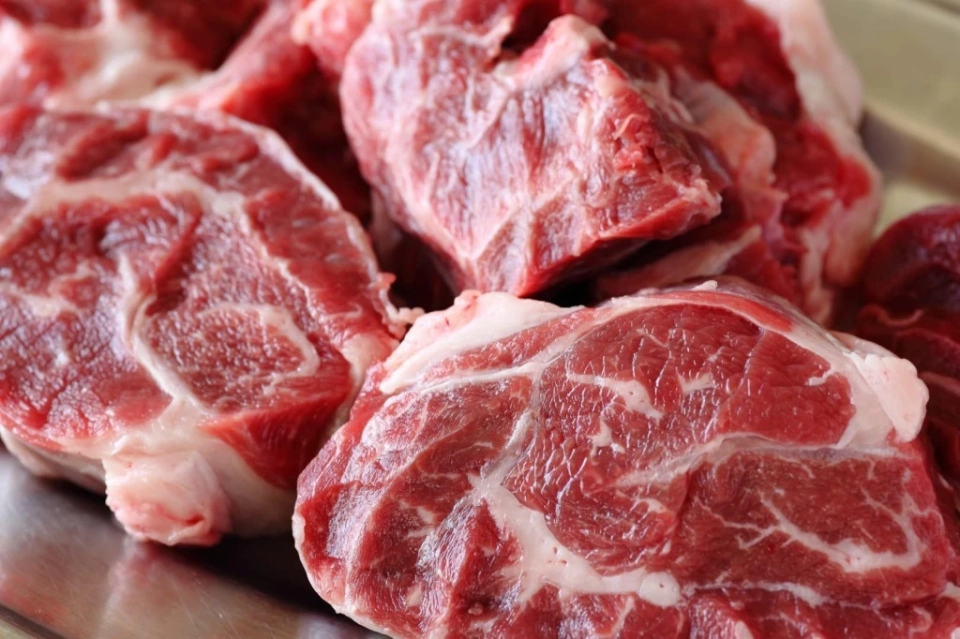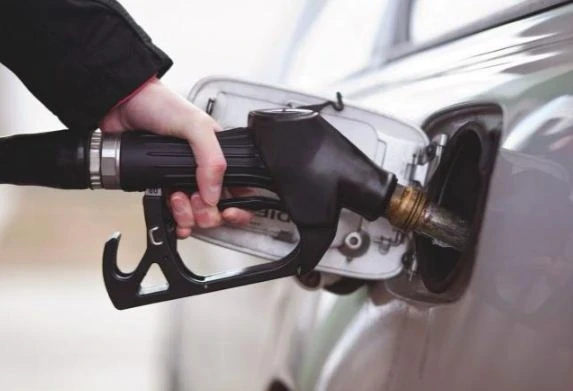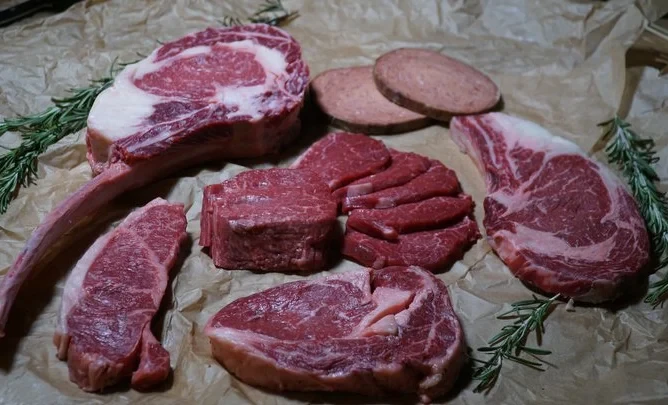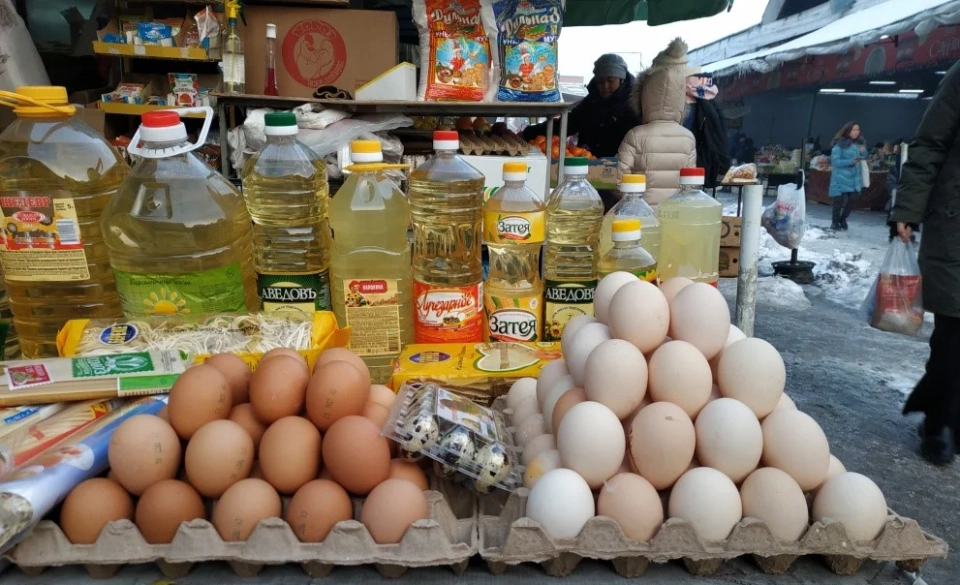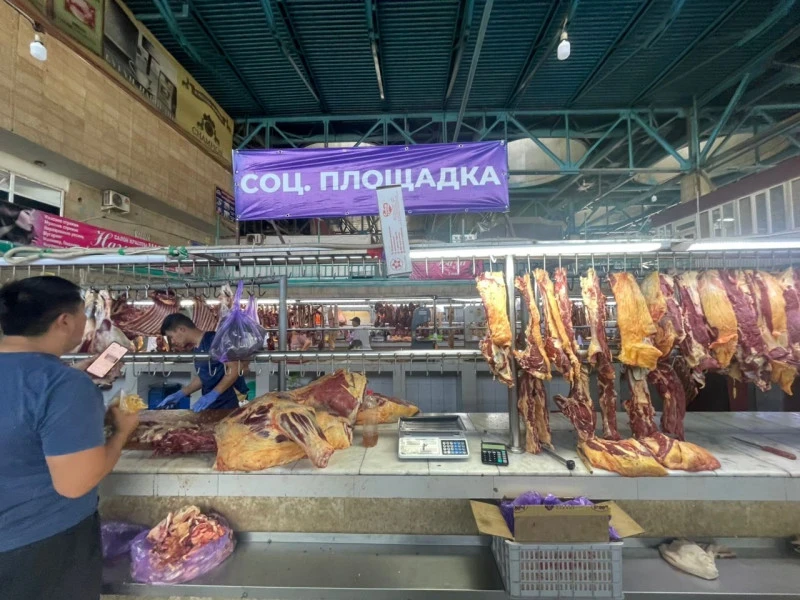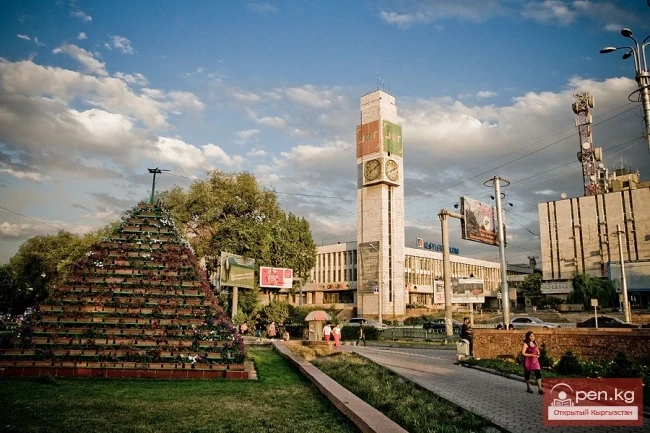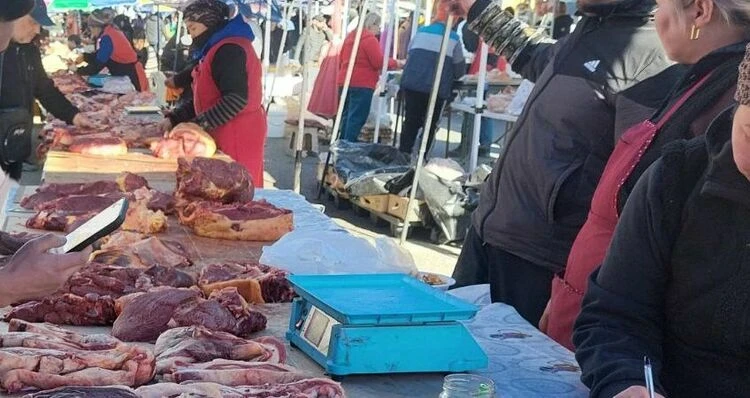
In Kyrgyzstan, there is complete self-sufficiency in beef and lamb production. However, global trends are affecting meat prices. Currently, the government is taking measures to control and restrain prices, but how effective will this be in the long term?
Temporary state regulation measures: how long will they last?
To prevent further price increases for meat and stabilize the market situation, the Ministry of Economy and Commerce has introduced temporary price regulation measures, effective until January 2026, taking into account the interests of the population, especially vulnerable categories.
The Antimonopoly Regulation Service, together with representatives from the tax service, the Ministry of Water Resources, and the veterinary service, is conducting raids in markets and stores to identify cases of unjustified price increases for lamb and beef. In case of violations, a warning is issued first, and in the event of repeated offenses, fines are imposed.
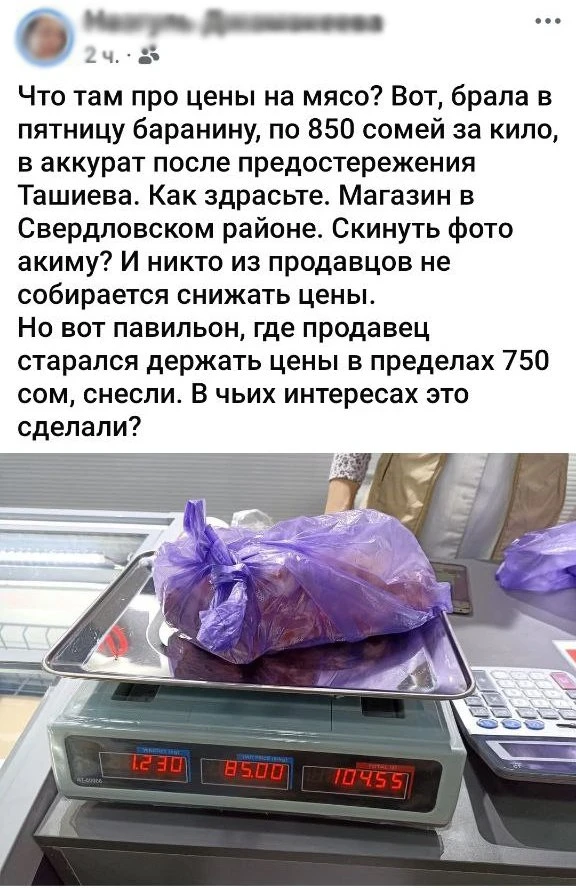
Despite this, residents of Bishkek and other regions sometimes report cases of price gouging in small shops. Uran Chekirbaev, head of the food security department of the Ministry of Water Resources, Agriculture, and Processing Industry, explains that large chains can offer lower prices due to higher turnover, while small shops are forced to raise prices due to limited sales volume.
Cost of meat: where do prices of 670-690 soms come from?
According to Uran Chekirbaev, the price of 670-690 soms per kilogram of bone-in beef is formed based on all costs associated with livestock production. Each farmer strives not only to cover their expenses but also to ensure the possibility of further breeding animals by purchasing young stock and feed.
Intermediaries, when purchasing livestock, focus on rising meat prices both in Kyrgyzstan and abroad, which also affects their purchasing costs. Nevertheless, Uran Chekirbaev asserts that meat in Kyrgyzstan is still cheaper than in neighboring countries.
Global shortages and rising demand: reasons for price increases
Uran Chekirbaev notes that after the coronavirus pandemic, the number of livestock worldwide, especially in the USA and Europe, has significantly decreased. Logistics were threatened due to lockdowns, complicating the sale of livestock at normal prices and leading to increased slaughter rates. As a result, new livestock is being reproduced in smaller volumes. Restoring livestock numbers requires at least one to two years, and demand still exceeds supply, which in turn contributes to rising meat prices.
The demand for beef remains high, although our country currently has enough of this product.
Uran Chekirbaev
He also emphasized that the export of livestock from Kyrgyzstan is temporarily suspended; however, the high demand for meat in neighboring countries and higher prices create risks of illegal exports. The greater the price difference between domestic and foreign markets, the more profitable it is for intermediaries to sell products abroad.
“As a small republic, we cannot influence global prices, so we must adapt to the conditions of major players. If the government does not adapt to global costs, farmers may find themselves in a situation where it is unprofitable to sell meat at low prices,” added Uran Chekirbaev.
Farmers report that the current purchasing price for meat ranges from 400 to 500 soms per kilogram, but passing through the chain of intermediaries, the cost increases by one and a half to two times.
Intermediaries: why farmers are forced to sell at low prices
The process of purchasing meat begins with a farmer selling one or two heads of livestock, making transportation unprofitable. Therefore, they are forced to accept the prices offered by intermediaries, who then raise the cost for the final buyer. Some farmers complain that they now have to lower the price by 100 soms or more per kilogram.
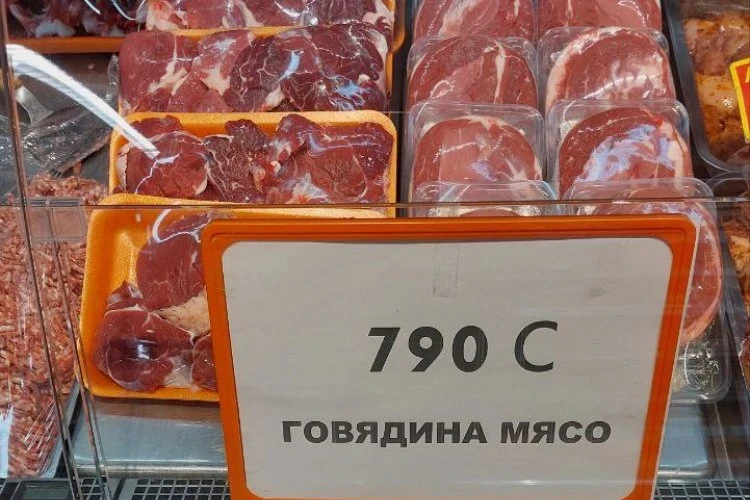
Uran Chekirbaev notes that intermediaries often receive the main profit, causing farmers to lose interest in developing livestock. Support for a cluster system and cooperation in agriculture is necessary to reduce the number of intermediaries and increase benefits for farmers.
Support strategies: loans and VAT exemption on feed
“It is impossible to constantly keep meat prices down. This is only a temporary measure. To prevent costs from rising, it is necessary to increase livestock numbers both at the national level and globally,” stated Uran Chekirbaev.
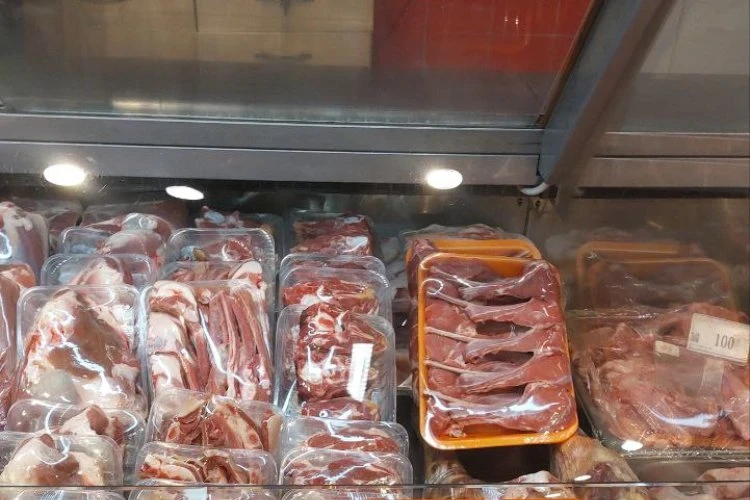
He added that to stimulate livestock breeding, it is necessary to provide farmers with benefits and favorable loan conditions. Currently, the largest number of preferential loans is allocated specifically for the development of livestock.
Additionally, the government plans to abolish VAT on the import of feed.
“Meat must remain affordable for the population, and the government is taking the necessary steps for this. It is important that these measures do not harm the development of livestock. If farmers are forced to sell meat below cost, it may lead to a reduction in livestock numbers, as happened in some Western countries and Kazakhstan, where excessive price control resulted in a significant decrease in livestock,” concluded Uran Chekirbaev.
